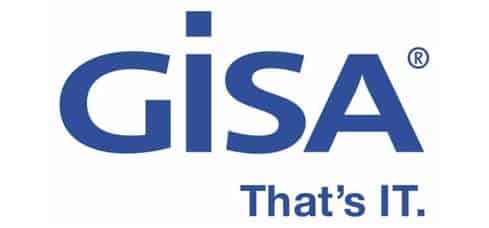
GISA GmbH
As a platform expert & cloud service provider, GISA offers IT solutions for the energy industry, the public sector and higher education & research.
As an expert in the integration and management of platforms and as a certified cloud service provider, GISA offers comprehensive IT solutions ranging from consulting and application management to managed cloud services. The company operates throughout Germany and increasingly also in Austria as one of the leading industry experts for the energy industry and the public sector, in particular universities and research institutions, and provides industrial SMEs with a comprehensive portfolio of solutions.
GISA is the IT partner of around 300 companies and institutions. The company's BSI-certified data center network is one of the most efficient in Germany. Continuous investments in data security and current technologies ensure the highest level of security, integrity, confidentiality and availability. ITIL-compliant service management processes, certified to ISO/IEC 20000 IT Service Management, ensure first-class service quality.